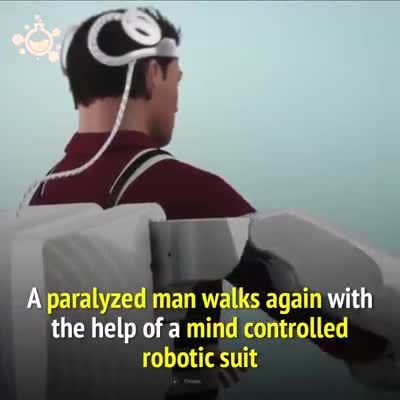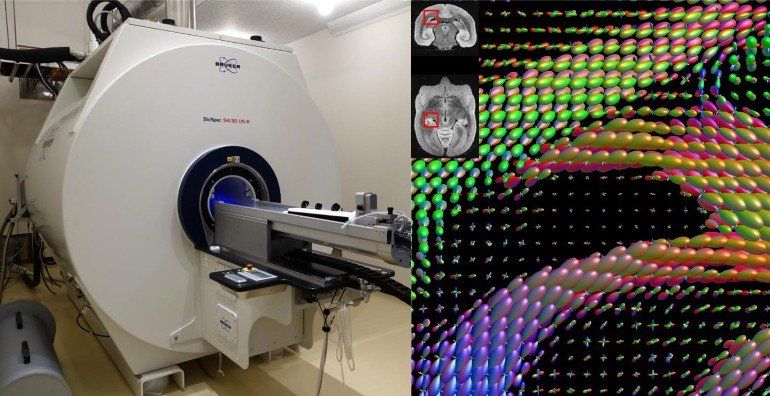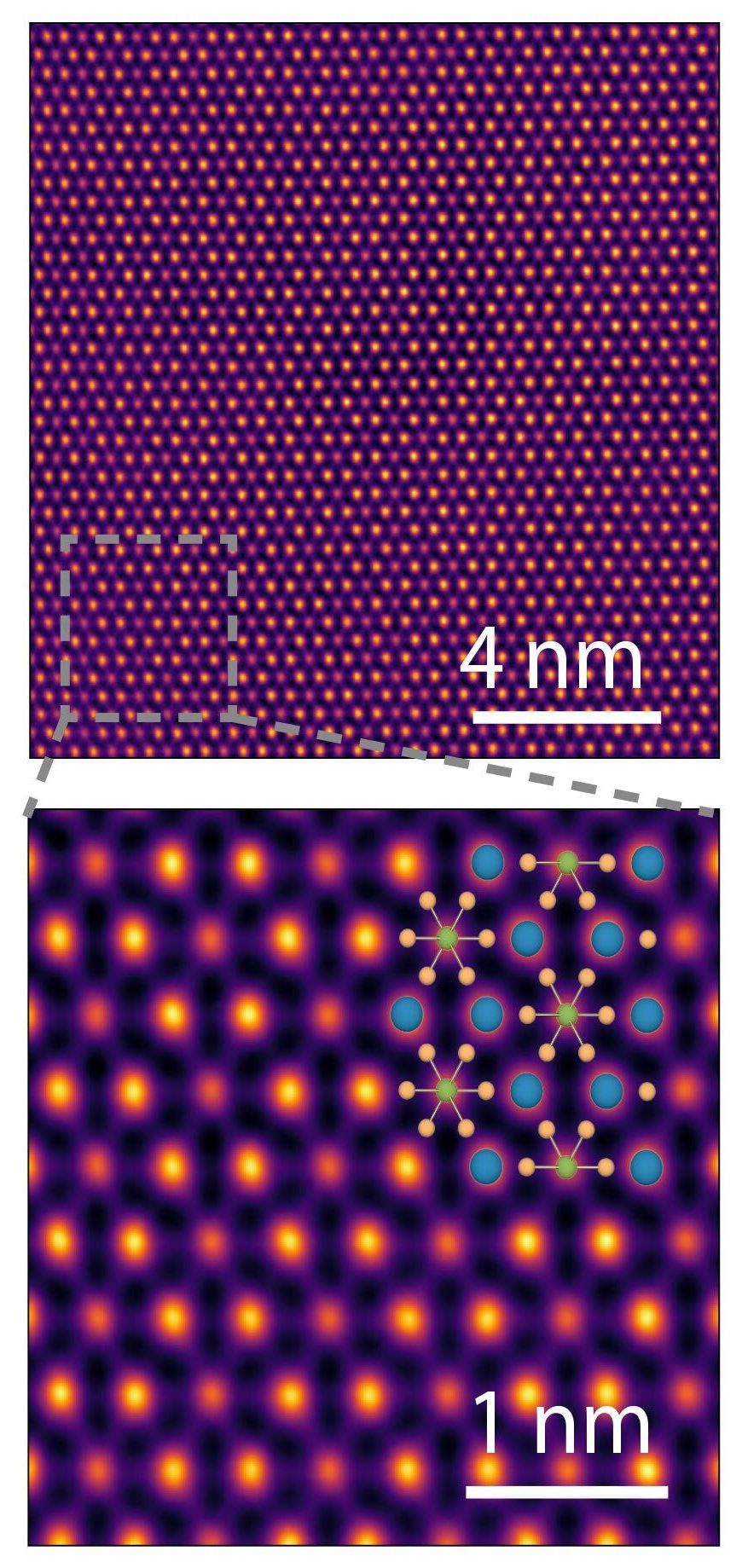Rusted iron pipes can react with residual disinfectants in drinking water distribution systems to produce carcinogenic hexavalent chromium in drinking water, reports a study by engineers at UC Riverside.
Chromium is a metal that occurs naturally in the soil and groundwater. Trace amounts of trivalent chromium eventually appear in the drinking water and food supply and are thought to have neutral effects on health. Chromium is often added to iron to make it more resistant to corrosion.
Certain chemical reactions can change chromium atoms into a hexavalent form that creates cancer-causing genetic mutations in cells. This carcinogenic form of chromium was at the heart of a lawsuit in California’s Central Valley by Erin Brockovich, which became the subject of an Oscar-winning movie.









